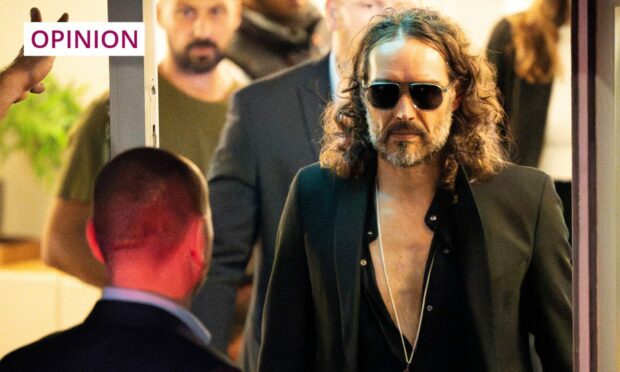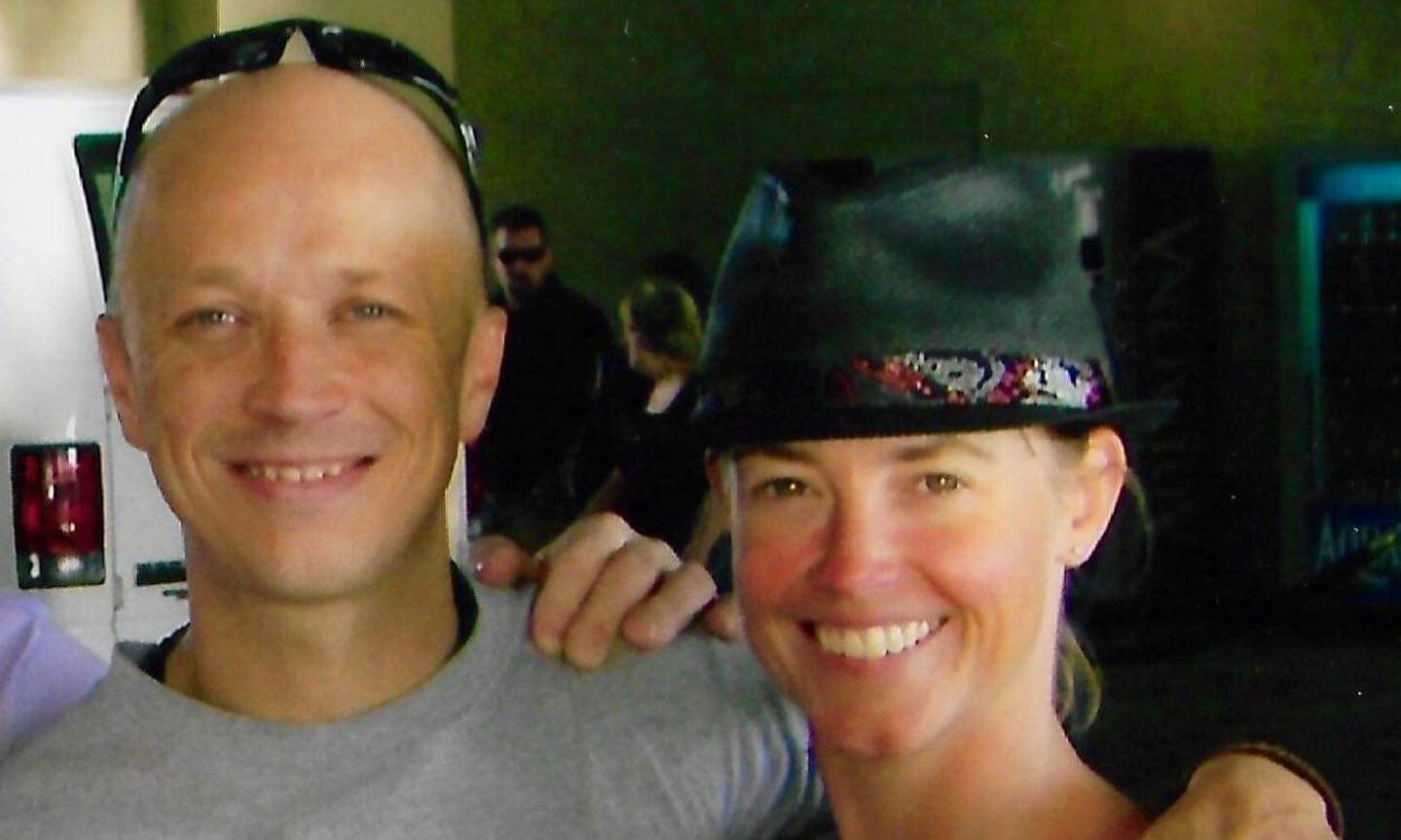Last week, hours before news of the allegations against Russell Brand broke, my phone became a hive of activity, with a flurry of messages from friends from across the UK media.
“Something big is going down. I hear it’s going to be the biggest story to come out this year,” one of them sent.
The rumour mill was busy. Stories emerged of the Times and Sunday Times newsrooms going into lockdown so nothing could be leaked. I was buzzing.
I briefed our live news team on what I had heard, and prepped them to be on the lookout for any breaking news dropping, should we need to be all over it. But I didn’t need to wait long until my sources knew what it was all about.
“Oh, it’s just Russell Brand being accused of rape.”
There was a certain implication in the use of the word “just” that raised my hackles.
I told my team they could stand down. It wasn’t one for us. I was met with, responses like: “Why am I not surprised?” and “Hardly the biggest story of the year”.
As the hours passed, more information started to come out. In fact, the first official confirmation I had of the story was a video from the man himself, denying everything.
“These allegations pertain to the time when I was working in the mainstream media, when I was in the newspapers all the time, when I was in the movies. And, as I have written about in my books, I was very, very promiscuous,” Brand said.
“During this time of promiscuity, the relationships I had were absolutely always consensual. I was always transparent about that then, almost too transparent, and I am being transparent about that now, as well.”
And it was that “transparency” which has led us to a situation where, to many, these allegations are not being considered a big deal. But they should be.
Me Too was a start – but clearly not enough
Russell Brand spent years painting a picture of himself as a bit of a womaniser, whether that be through his books or his stand-up. As jarring as it may be with hindsight, there was a time when his public persona and behaviour were considered not only normal but acceptable to many.
So, when a group of women come together to share their stories on how they believe they were abused at the hands of this man, the public perception almost seems to boil down to: “Well, you should have known what he was like.”
Over the last few days, I have spoken to a number of friends and colleagues about the Channel 4 Dispatches and Sunday Times investigation into Brand. What’s sad is that so many of us have our own similar stories – not relating to Russell Brand, but where we have suffered because of the actions of a man (many in positions of power or influence) and later been conditioned into thinking it was no big deal.
“I was like, ‘oh my god, he raped me’”
A woman shares her story about her experiences with Russell Brand with @C4Dispatches in a joint investigation with @thetimes.
Brand denies all accusations including rape, sexual assault and controlling and emotionally abusive behaviour. pic.twitter.com/XtNV5s91gk
— Channel 4 Dispatches (@C4Dispatches) September 16, 2023
The introduction of the Me Too movement was a start. However, there is still a deep-seated belief in our culture that any sexual assault, short of rape, is something which should simply be tolerated. On one occasion, I was presented with the notion that the reporting of an incident would be “doing the trendy thing” in this new era.
Is it any wonder these alleged victims have not spoken out sooner, or why they didn’t go to the police at the time?
I have heard horrendous opinions from people slut-shaming and laying blame at the door of the women involved in the investigation and their families. Why is the conversation being focused around them and their actions rather than Brand?
We all need to think about how we respond
Almost exactly one year ago, I wrote a column following the tragic death of Dyce woman Jill Barclay, who was brutally raped and murdered at the side of the road as she walked home from a night out. I pleaded for her killing to be spoken about nationwide, because it is imperative that these things are not considered commonplace.
We can no longer stand by and allow men to create their own narrative where they feel comfortable treating women in any way they please without fear of repercussion.
For society to change, we all need to think about how our responses can shape the discussion around these sensitive subjects. People acting like serious allegations of sexual abuse, assault and rape are no big deal is just what perpetrators rely on.
It should not take the horrific deaths of Jill Barclay or Sarah Everard to send shock waves around a newsroom: any attack against any woman is cause for revulsion.
It is my hope that, in the years to come, we as a society can recondition ourselves, so that men no longer feel safe about crossing the line, and women always feel empowered to say no and speak up.
In future, I dream of a day when breaking allegations of this nature are so rare, it shakes our newsroom to the core.
We need to start to turn the tables now, before more lives are ruined or lost.
Rebecca Buchan is deputy head of news and sport for The Press and Journal and Evening Express

